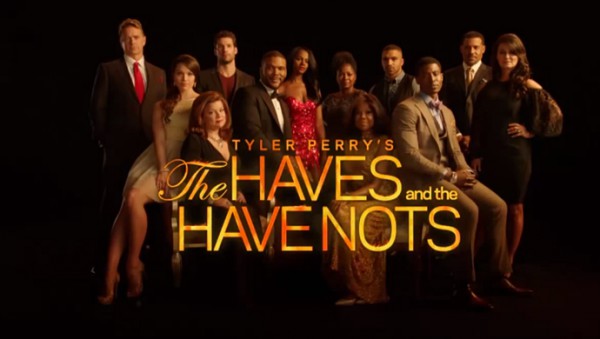Addressing Forced Duplicity in Black Male Identity and Risky Sexual-Behavior Practices in Tyler Perry's "The Haves and the Have Nots
محتوى المقالة الرئيسي
الملخص
Tyler Perry has done it yet again. As writer, executive producer, and director of the OWN Channel’s modern soap opera, The Haves and the Have Nots, Perry tactfully addresses the ethical challenge of forced duplicity in black male identity through the prism of risky sexual-behavior practices among African American homosexual men. For a number of years, many gay black men have been under societal pressure to conform and marry women. These practices eventually harm the entire family structure because many of these men live secret, closeted lives as homosexuals. In some cases, these men contract HIV/AIDS due to unsafe and risky sexual practices with other gay men, only to infect their wives or female partners. Within the black community, this practice is known as “living on the down low.” Although this ethical issue is seldom discussed in the African American community, especially within the traditional black church, unsafe and risky sexual practices by married homosexual men still unfortunately affect the entire black family, especially black women, who make up one of the leading groups of HIV/AIDS victims.
In the season two episode (“Again and Again”), Tyler Perry highlights how “living on the down low” ultimately harms the medical good of society. The character, Jeffrey, wants to live free from judgment for his decision to tell his parents that he is gay. His father, David, is very supportive of his lifestyle choice. Jeffrey’s mother, Veronica, on the other hand, is very judgmental and rejects his decision, only to forcibly blackmail him into living as a closeted homosexual young man. As a result, Jeffrey goes through a crisis of black male identity because he tries to appease his mother by living as a heterosexual. In order to make Jeffrey comply with her demands, his mother selects Melissa, a beautiful African American young lady for him to date. Although Melissa is highly attractive, Jeffrey initially resists her sexual advances after their first dinner date-only to have sexual intercourse with her later that evening. Although he does not desire her sexually, Jeffrey’s risky behavior of having unprotected sex with Melissa contributes to the potentiality of acquiring HIV/AIDS.
Although the discussion of black male sexuality is a taboo subject within many black communities, it does not mean that the topic should not be discussed and confronted head on. As long as this troubling trajectory persists, a growing number of African American women with HIV/AIDS will continue to negatively impact their children’s upbringing. In the end analysis, children lose their primary caregivers because of this untimely disease.
Continuing educational health care initiatives through the black church is an effective means to help decrease the rate of African American women infected by HIV/AIDS because, in many cases, the makeup of this institution is mostly composed of black women. Although some black churches have initiated HIV/AIDS programs in recent years since the escalated rise of HIV/AIDS cases, many black churches are resistant to facilitating public discussions or program initiatives on this significant public health problem. A much more concerted effort by the black clergy must play a significant role in promoting health care awareness surrounding HIV/AIDS prevention and educational awareness. Because many facets of African American culture surround the black church, they are ethically bound and morally responsible for becoming change agents in the black community. The black church’s deliberate influence in HIV/AIDS awareness and prevention can make the most positive impact in health care advocacy.
A false male identity based on stereotypical ideals of masculinity often poisons and deteriorates qualities of manhood that are otherwise valued. More salient values such as care, discipline, empathy, and responsibility are often replaced by a more abstract value system based on promiscuity, trickery, and thuggish mannerisms. Oftentimes, contemporary society and the mass media feed into these false notions of black male identity through nonsensical and stereotypical portrayals of black men in popular music and television. These portrayals only promote externalized black male toughness based on mentally enslaved beliefs of low self-worth and value. Tyler Perry’s ingenious tackling of black male identity crafted in Jeffrey’s storyline further shows that black men are complex and multilayered, full of contradictions like any other race of men. All in all, Perry’s usage of HIV/AIDS awareness through a dramatic medium serves a multilayered purpose bringing to light the health care dangers of “living on the down low” while being cognizant of the fact that this practice ultimately harms black men, the black community, and those who they love the most.
تفاصيل المقالة

هذا العمل مرخص بموجب Creative Commons Attribution 4.0 International License.

